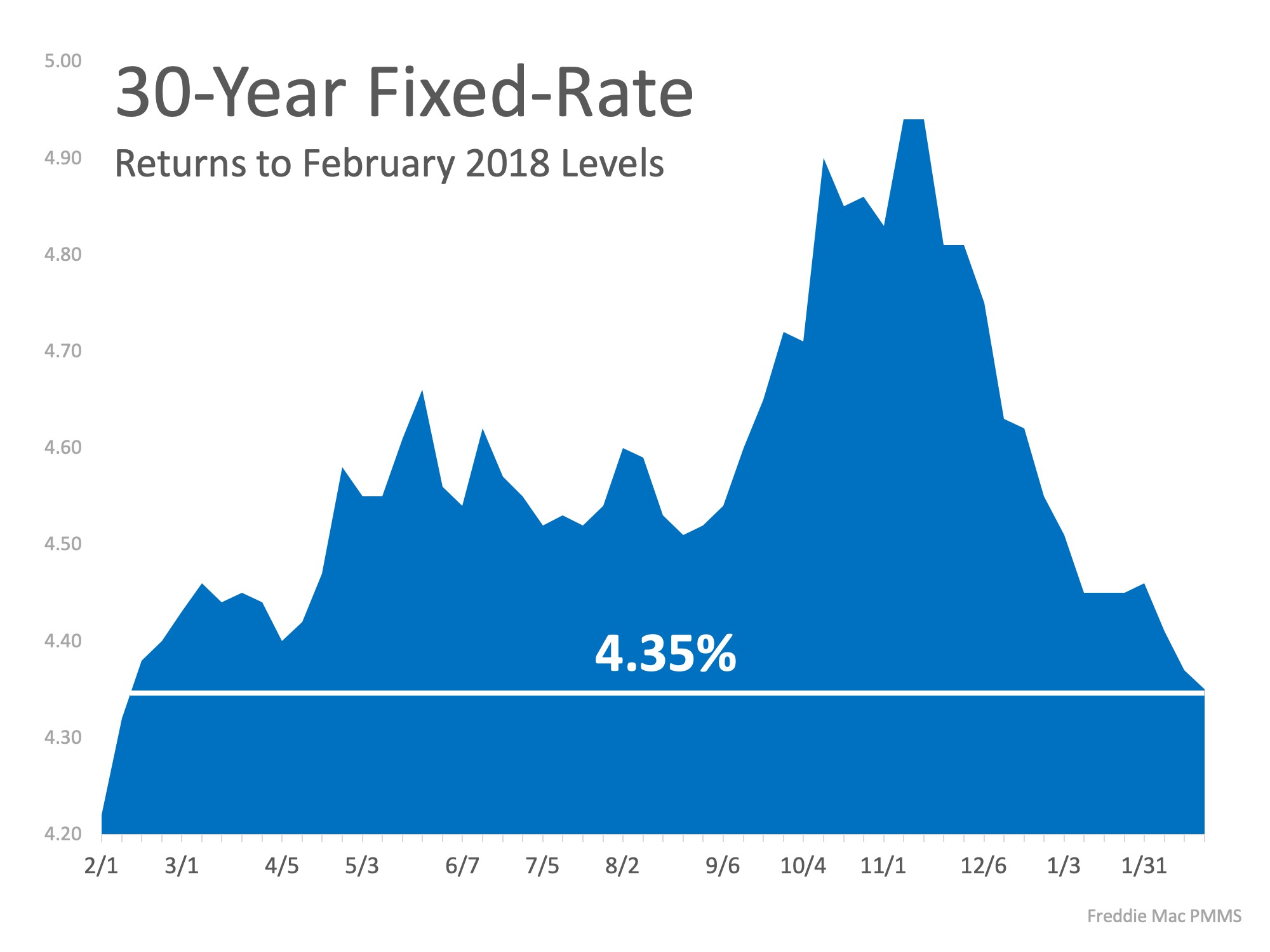
Congratulations! You’ve found a home to buy and have applied for a mortgage! You are undoubtedly excited about the opportunity to decorate your new home! But before you make any big purchases, move any money around, or make any big-time life changes, consult your loan officer. They will be able to tell you how your decision will impact your home loan.
Below is a list of 7 Things You Shouldn’t Do After Applying for a Mortgage! Some may seem obvious, but some may not!
1. Don’t change jobs or the way you are paid at your job! Your loan officer must be able to track the source and amount of your annual income. If possible, you’ll want to avoid changing from salary to commission or becoming self-employed during this time as well.
2. Don’t deposit cash into your bank accounts. Lenders need to source your money and cash is not really traceable. Before you deposit any amount of cash into your accounts, discuss the proper way to document your transactions with your loan officer.
3. Don’t make any large purchases like a new car or new furniture for your new home. New debt comes with it, including new monthly obligations. New obligations create new qualifications. People with new debt have higher debt to income ratios… higher ratios make for riskier loans… and sometimes qualified borrowers no longer qualify.
4. Don’t co-sign other loans for anyone. When you co-sign, you are obligated. As we mentioned, with that obligation comes higher ratios as well. Even if you swear you will not be the one making the payments, your lender will have to count the payment against you.
5. Don’t change bank accounts. Remember, lenders need to source and track assets. That task is significantly easier when there is consistency among your accounts. Before you even transfer money between accounts, talk to your loan officer.
6. Don’t apply for new credit. It doesn’t matter whether it’s a new credit card or a new car. When you have your credit report run by organizations in multiple financial channels (mortgage, credit card, auto, etc.), your FICO score will be affected. Lower credit scores can determine your interest rate and maybe even your eligibility for approval.
7. Don’t close any credit accounts. Many clients have erroneously believed that having less available credit makes them less risky and more likely to be approved. Wrong. A major component of your score is your length and depth of credit history (as opposed to just your payment history) and your total usage of credit as a percentage of available credit. Closing accounts has a negative impact on both those determinants of your score.
Bottom Line
Any blip in income, assets, or credit should be reviewed and executed in a way that ensures your home loan can still be approved. The best advice is to fully disclose and discuss your plans with your loan officer before you do anything financial in nature. They are there to guide you through the process.



